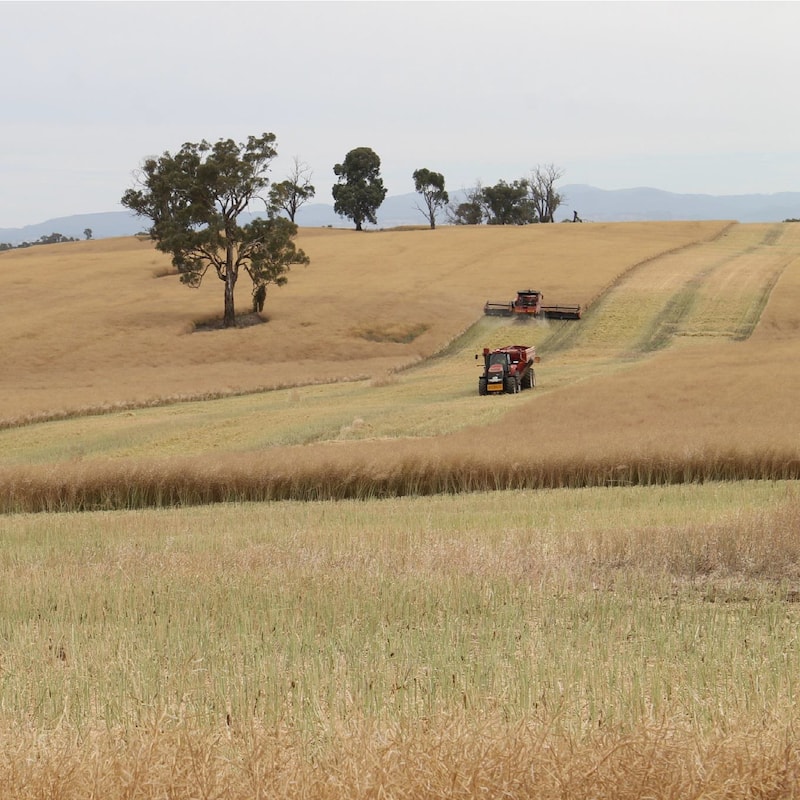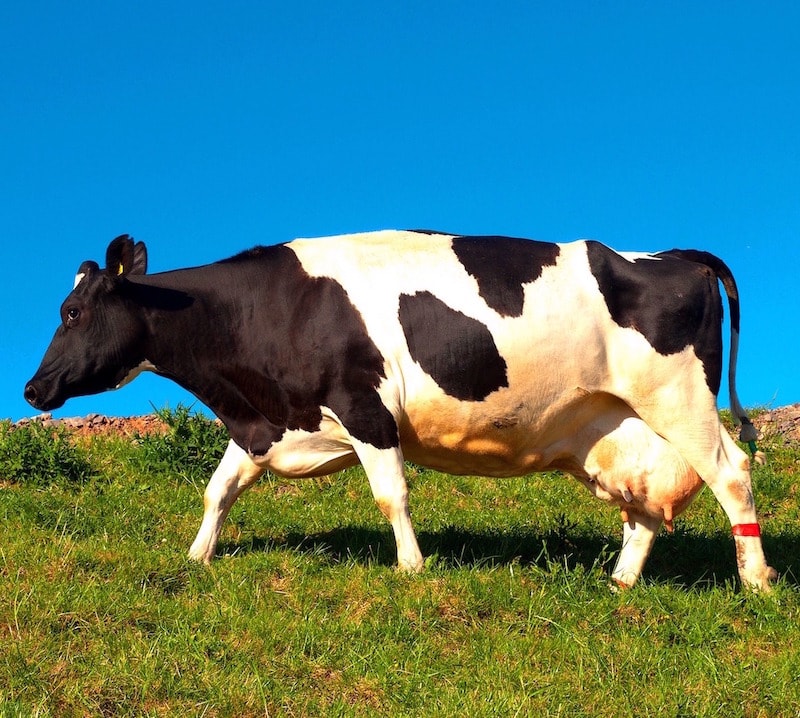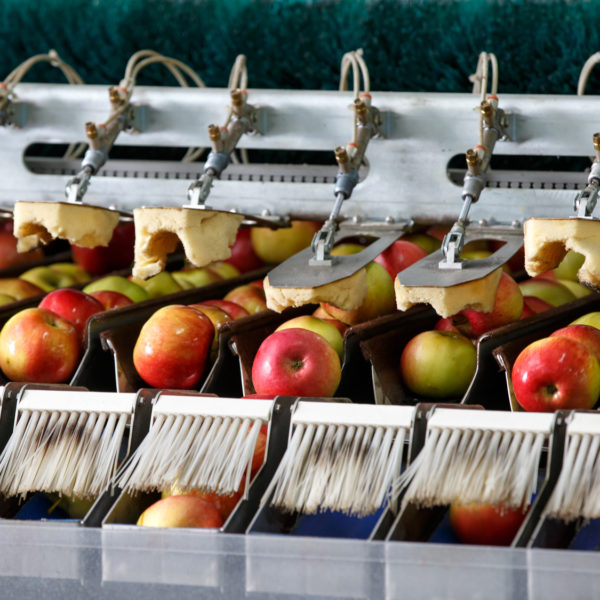
AGRICULTURE
Rising global food demand creates the need for increasing investment in primary production.
Proterra’s Agriculture investment strategy pursues investment opportunities based on our view that rising food demand calls for an increase in farmland as well as increased investment in existing farmland. We view chronic underinvestment and lagging yield improvements as having inhibited the response to increasing global demand and we believe opportunities exist to acquire land and apply professional management and proper investment to maximize its productivity.
FOOD
We believe increased consumer demand for safer, higher quality food products in emerging markets offers a compelling return opportunity.
Proterra’s Food investment strategy seeks growth equity investments in three food industry sectors: protein production, value-added processing, and supply chain management. We believe that the continued urbanization of emerging markets, an expanding middle class, shifting dietary preferences toward protein consumption, and the increased importance of safe, high-quality food are trends that will drive long term growth in these sectors.


CREDIT
Proterra’s Credit strategy seeks to invest in loans to North American middle-market agribusiness borrowers.
Agribusiness represents a large and critical segment of the global economy. North America is well positioned as an innovator of agricultural products in an industry segment that continues to consolidate. At the same time, consumers are increasingly conscious about where their food comes from and how it is produced, placing greater emphasis on organics, protein consumption, traceability, environmental sustainability, food safety and animal welfare. All these changes require significant capital and we believe a compelling opportunity exists to provide an expanded breadth of debt financing to agribusiness firms seeking to adapt in this evolving landscape.
SUSTAINABLE AGRICULTURE
Proterra’s Sustainable Agriculture strategy pursues equity investments in sustainable agriculture, targeting small and middle-market agribusiness companies in the United States for what we believe to be profitable, stable, and certifiable sustainable investment projects.
Animal welfare, carbon reduction, and traceability are increasingly important issues for consumers. Food companies are responding with commitments that will require significant infrastructure investments. Upstream producers are fragmented, undercapitalized, and underbanked. The Sustainable strategy looks to help facilitate this necessary supply chain transformation via project equity investments secured by off take agreements, in partnership with top producers.




